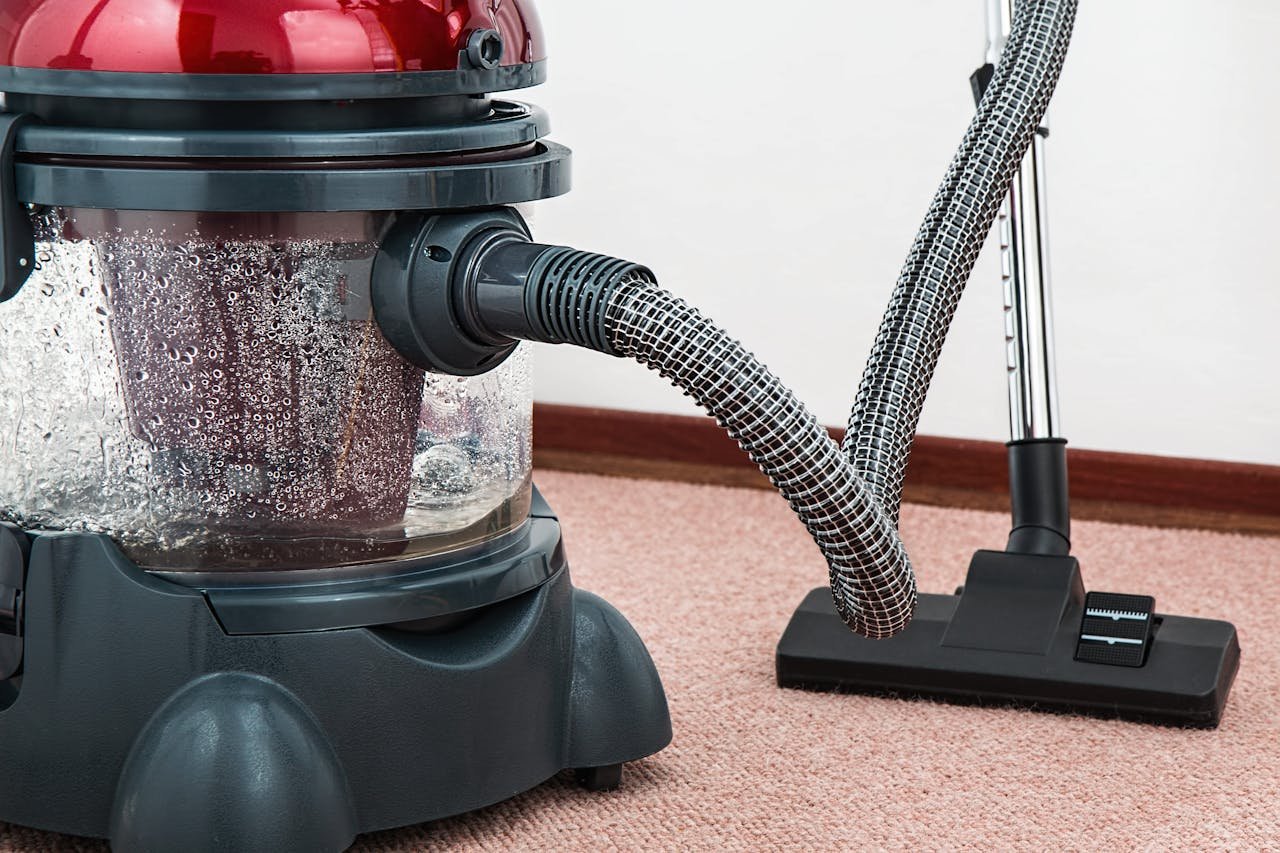Table of Contents
Introduction

Should the Working Woman Also be Expected to do the Housework?
In today’s modern society, the role of women has evolved significantly. With more women pursuing careers and becoming financially independent, the question arises: should the working woman also be expected to do the housework?
This debate has sparked conversations and discussions about gender roles, equality, and the division of labour within households. Let’s explore this topic and consider different perspectives.
The Changing Dynamics of Gender Roles

Traditionally, women were expected to take care of the household chores while men focused on their careers. However, as women entered the workforce, these gender roles began to shift. Today, many women are working full-time jobs and contributing equally to the household income. With this change, it is only fair to question whether the responsibility of housework should also be shared equally.
Equality in Relationships
One argument in favour of women sharing the housework is the importance of equality in relationships. In a modern partnership, both individuals should have equal responsibilities and contribute to the overall well-being of the household. By sharing the housework, couples can create a more balanced and harmonious living environment.
Time Constraints and Work-Life Balance
Another aspect to consider is the time constraints faced by working women. Juggling a career, family, and household chores can be overwhelming. Expecting women to solely bear the burden of housework can lead to increased stress and a lack of work-life balance. Sharing the responsibilities allows women to have more time for self-care and personal pursuits.
Redefining Gender Norms

Advocates for shared housework argue that it is essential to challenge traditional gender norms. Assigning specific tasks based on gender perpetuates stereotypes and limits individuals’ potential. By breaking free from these norms, we can create a more inclusive and equal society.
Communication and Negotiation
The key to finding a fair division of housework lies in open communication and negotiation between partners. Each individual should express their needs, preferences, and limitations. By discussing and finding common ground, couples can establish a system that works for both parties.
Addressing Potential Challenges
While sharing housework may seem like an ideal solution, it is important to acknowledge potential challenges. Factors such as cultural expectations, personal preferences, and work schedules can impact the division of labour within a household. It is crucial to approach these discussions with empathy, understanding, and a willingness to compromise.
Conclusion

The question of whether the working woman should also be expected to do the housework is complex and multifaceted. While there is no one-size-fits-all answer, it is crucial to promote equality, open communication, and negotiation within relationships. By sharing the responsibilities of housework, we can create a more balanced and harmonious living environment for all.
Now, let’s consider some commonly asked questions related to this topic:
FAQs
Should the division of housework be based on who earns more?
No, the division of housework should not be solely based on income. It is important to consider other factors such as personal preferences, availability, and skill sets when determining the division of labour within a household.
How can couples ensure a fair division of housework?
Couples can ensure a fair division of housework by openly communicating their needs and expectations. They can create a schedule, delegate tasks, and be flexible in their approach. Regular check-ins and adjustments can help maintain a balanced division of labour.
What if one partner is not willing to share the housework?
In such cases, it is crucial to have a constructive conversation about the importance of shared responsibilities. Both partners should express their concerns and work towards finding a compromise that respects the needs and contributions of each individual.
How can society support the idea of shared housework?
Society can support the idea of shared housework by promoting gender equality and challenging traditional gender roles. Education, awareness campaigns, and policies that promote work-life balance can also contribute to a more equitable division of labour within households.
Does sharing housework have any benefits for children?
Yes, sharing housework can have positive effects on children. When children witness both parents sharing household responsibilities, they learn the importance of equality, cooperation, and respect. It also allows parents to spend more quality time with their children, fostering stronger family bonds.
In conclusion, the question of whether the working woman should also be expected to do the housework is complex and multifaceted. While there is no one-size-fits-all answer, it is crucial to promote equality, open communication, and negotiation within relationships. By sharing the responsibilities of housework, we can create a more balanced and harmonious living environment for all.



